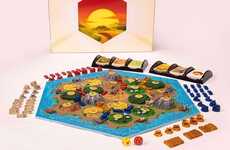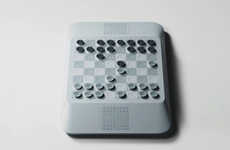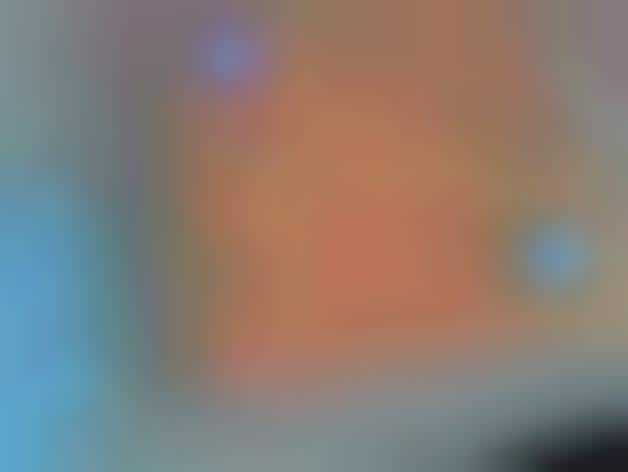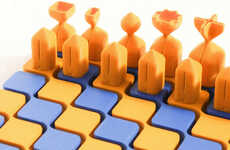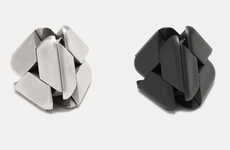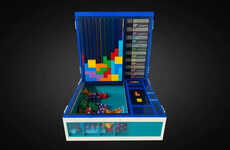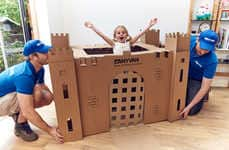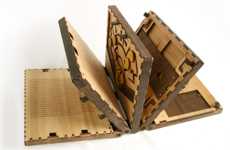
The Classic Tic Tac Toe Board is Reimagined with 3D Printing
Laura McQuarrie — May 5, 2016 — Life-Stages
References: 3dprint & thingiverse
Wood, plastic and paper are just a few of the ways that classic Tic Tac Toe boards have been created in the past, but this 3D-printed design reimagines the game for a new generation.
The design of 'Super Tic Tac Toe' by Thingverse user 'Mizonu' divides up a Tic Tac Toe board into nine segments, so that mini versions of the puzzle game are played first. Once a player wins, they are able to claim that square, which will ultimately help them win the same game that's played with the larger pieces on the game board.
Super Tic Tac Toe is just one of the many great examples of how the rise of maker culture is inspiring today's creators to remix their favorite games in order to make them more challenging.
The design of 'Super Tic Tac Toe' by Thingverse user 'Mizonu' divides up a Tic Tac Toe board into nine segments, so that mini versions of the puzzle game are played first. Once a player wins, they are able to claim that square, which will ultimately help them win the same game that's played with the larger pieces on the game board.
Super Tic Tac Toe is just one of the many great examples of how the rise of maker culture is inspiring today's creators to remix their favorite games in order to make them more challenging.
Trend Themes
1. 3D Printed Games - The rise of maker culture is inspiring creators to use 3D printing to redesign classic games like Tic Tac Toe, offering opportunities for disruptive innovation in the game industry.
2. Game Board Segmentation - The design of Super Tic Tac Toe segments the game board into nine sections, creating a new way to approach classic games.
3. Remixed Game Design - The maker culture inspires creative minds to innovate classic game designs like Tic Tac Toe, unlocking unexplored areas of traditional game industries.
Industry Implications
1. Toys and Games - Designing new game boards and pieces using 3D printing technologies could disrupt the traditional toy and game industry.
2. Education - Segmenting game boards offers opportunities for math and strategy education, disrupting the traditional classroom experience with an immersive way to learn.
3. Maker Culture - Maker culture has the potential to become a new industry on its own, bringing together creators and innovators from different fields to use 3D printing and other technologies to reimagine traditional games and industries.
1.7
Score
Popularity
Activity
Freshness


